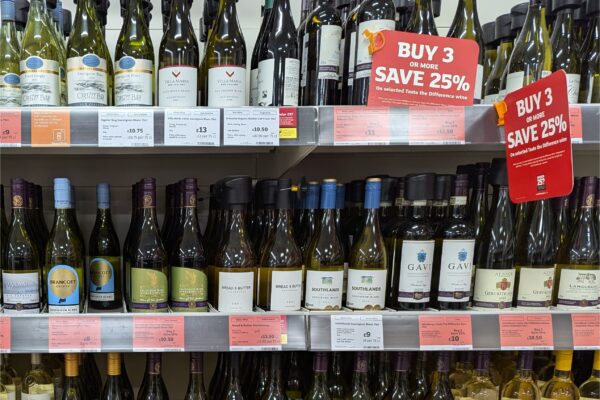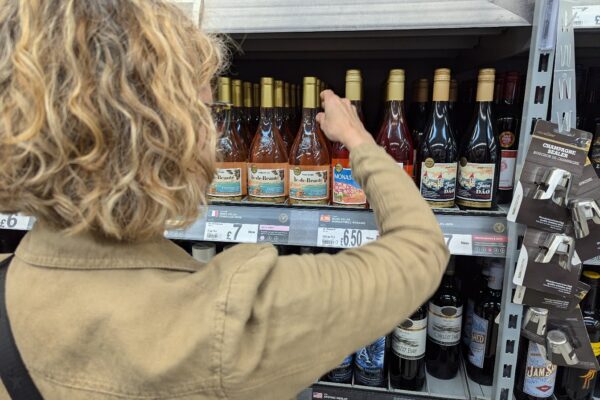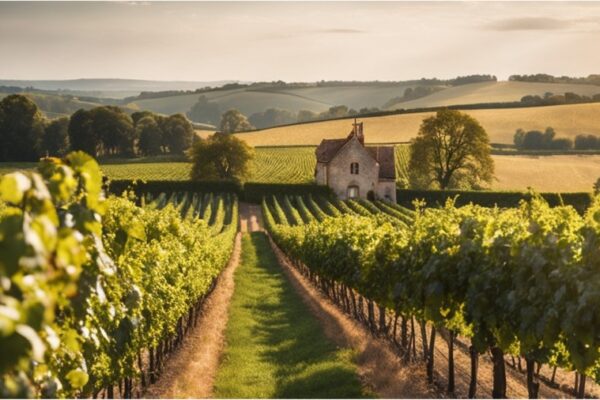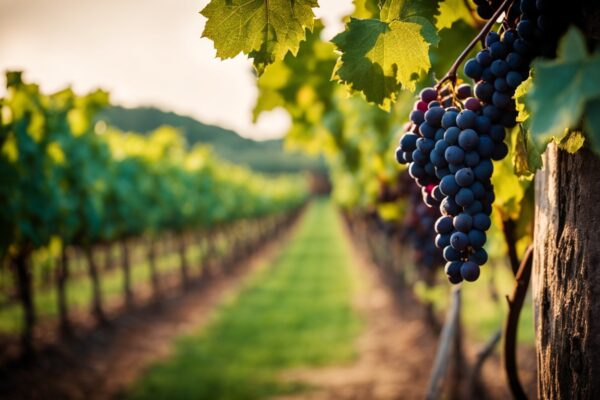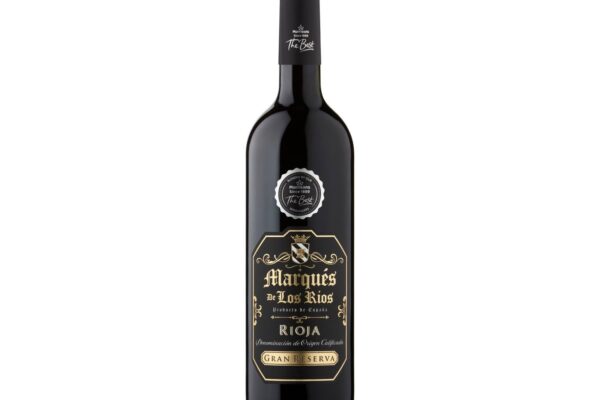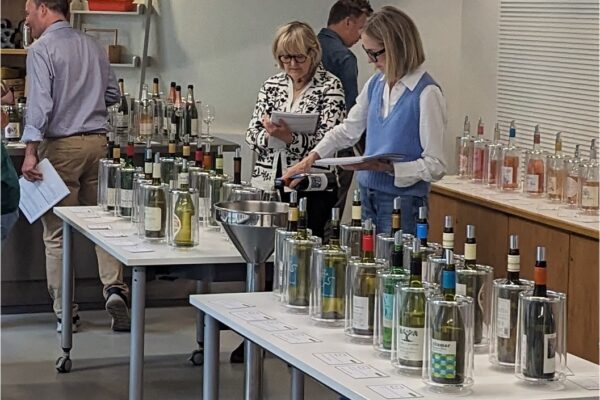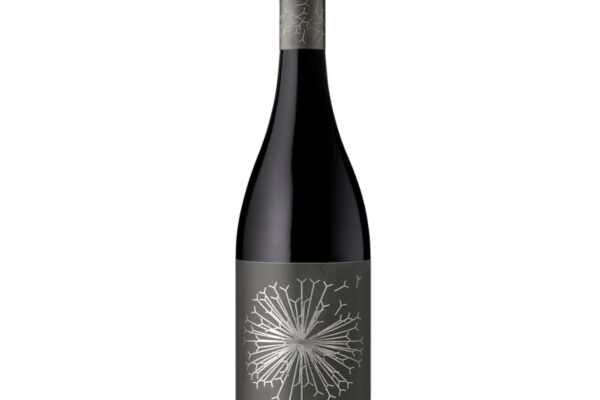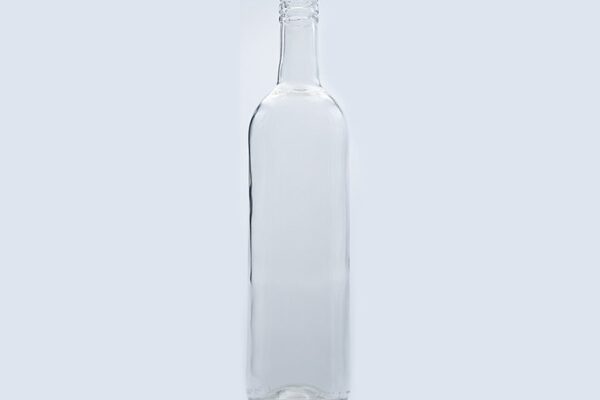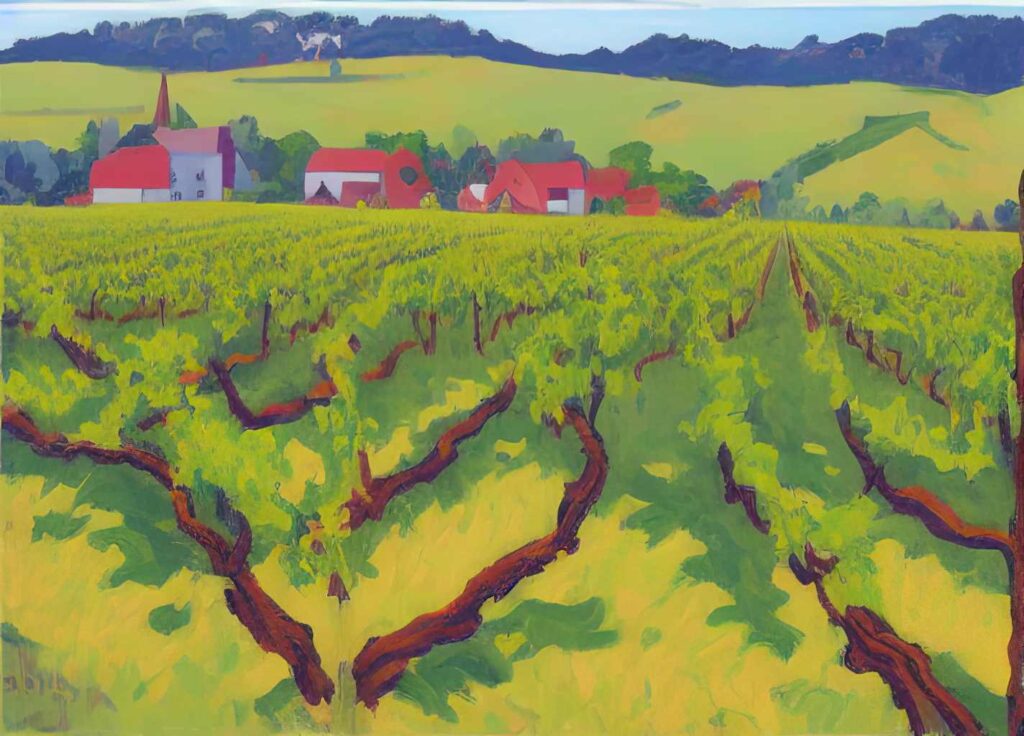
Biodynamic vineyards view farming holistically, seeing the farm as a closed ecosystem where everything is interconnected. It goes beyond organic, emphasising the connection between the farmer, the vine, the earth and even celestial bodies like the sun, moon, and stars. This might sound unconventional, but since its inception in the 1920s by Austrian scientist Rudolph Steiner it has gained significant traction worldwide.
While all biodynamic wines are organic, the reverse isn’t true. Biodynamic wines adhere to a specific lunar calendar, which dictates the ideal days for various vineyard activities from planting to harvesting. Biodynamic winemaking avoids chemicals and other manufactured additions. Instead, it employs unique compost preparations, such as the ‘BD 500’ and ‘BD 501’, which involves burying cow horns filled with fresh cow manure. After six months, the contents are diluted and sprayed over the vineyard to enhance soil quality. However, ready-made preparations are available!
The process of making biodynamic wine involves adhering to a special calendar, avoiding synthetic pesticides, herbicides, or artificial fertilisers, and using special compost, herb and mineral preparations. The aim is to foster natural growth, resulting in a wine that harmonises with the earth and the universe. Some might find this approach is unconventional, but its proponents often cite lunar effects, like tidal systems to highlight its potential. Biodynamic wines are often considered superior to conventional wines in terms of flavour, aroma and texture.
Biodynamic wines usually, but not always, meet the standards set by the Demeter Association or Biodyvin, the recognised certifying bodies.
The biodynamic wine calendar categorises days based on astrological signs to guide vineyard activities. There are four types of days: Fruit Days, ideal for harvesting grapes and wine-tastings, align with the Fire Signs (Aries, Leo, Sagittarius); Leaf Days, best for watering, correspond to the Water Signs (Pisces, Cancer, Scorpio); Root Days, suitable for pruning, match the Earth Signs (Virgo, Taurus, Capricorn) ; and Flower Days, associated with the Air Signs (Aquarius, Libra, Gemini), are when the vineyard is left undisturbed. However, vineyards don’t have to follow these timings to be Demeter certified.
Research has shown that biodynamic farms have higher soil quality with more organic matter content and microbial activity. Biodynamically treated composts also show higher temperatures, faster maturation and more nitrates. Critics acknowledge the high quality of biodynamic wines but question if the improvements in vineyard health and wine taste would have been achieved with just organic farming.






